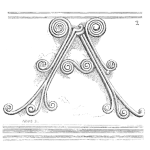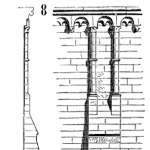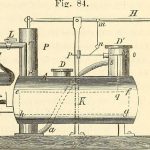
The true cost of maintenance to a company includes the lost production time, cost of utilities not used, overhead costs, handover costs and more.
A 6-step procedure that guides you and your organization, department, and team to analyze your business and operational risks, and develop an enterprise asset management system that is purpose-built to deliver your organization world class reliability.
[Read more…]












 Ask a question or send along a comment.
Please login to view and use the contact form.
Ask a question or send along a comment.
Please login to view and use the contact form.